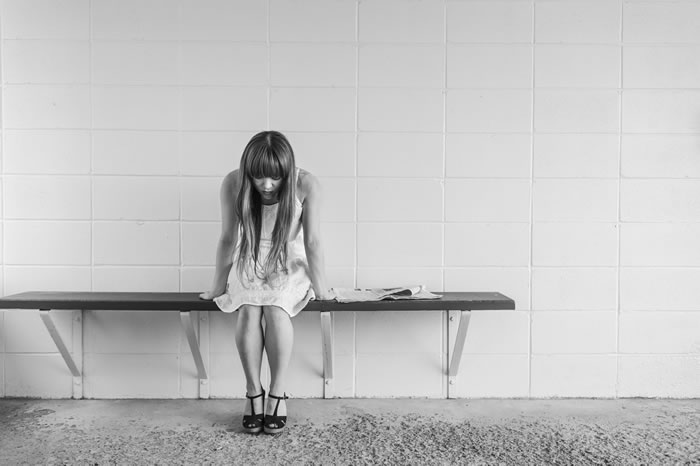When I first moved into my house in 2011, I was shopping for home décor and paintings like crazy the first couple of months. I was so consumed with trying to decorate and complete every room of the house as quickly as possible.
My mom gave me the greatest advice as she watched me stress myself out in this pursuit. She said:
“Do one room at a time. When you purchase something, place it in the room and feel the flow of that item in the room. Either it will go with the flow or interrupt the flow. If the latter, you either need to move it to another location in the room or move it out.”
One particular item that I purchased during this time was a metal flower that had multiple colors. I really liked this flower, but it just didn’t ‘fit’ the feel of every room or hallway that I tried to hang it in. So I put it away in my closet and would remind myself periodically that I had it and needed to use it to decorate a space somewhere in the house.
Seven years later, that flower stayed in that closet and never was used. For some reason, I never felt compelled to sell it, give it away, or even throw it away, even after I sold the house.
As I was packing my house to relocate to Atlanta, GA, I came across this flower. I thought to myself, “Well, I didn’t use it in Greenville, SC so maybe I will have a space for it in Atlanta.” So, I decided to include the flower with all of my belongings that were being shipped for my relocation.
Waiting on God and His Appointed Time
 Fast forward to February 2018. I am now in my new place in Atlanta. As I was unpacking my art and home décor, I came across the flower – yes, it now flows very well with my new place!
Fast forward to February 2018. I am now in my new place in Atlanta. As I was unpacking my art and home décor, I came across the flower – yes, it now flows very well with my new place!
I smile at the journey this flower has been on. I never felt led to let it go, but to wait for the right environment for it – an environment where it will enhance the feel and flow of the room. It didn’t feel forced to be a part of the home décor vision. It was created for this space at this appointed time.
I look at my life and what God has deposited in me. Those gifts, opportunities, and abilities are not in vain just because they didn’t manifest when and where I thought they would. This is bigger than a flower bought in Greenville that is now being used in Atlanta – but I know you knew that (smile).
This is about never giving up or feeling like what you have inside of you will never get an opportunity to minister outside of you. God has an appointed time, place, and season in your life where He will manifest what He has equipped you to do.
It may not be for where you are now, but trust me, it will be for later.
So, What’s the Play Call?
There are 3 things I want you to remember concerning waiting on God to use what He has placed in you:
- Believe. Never stop believing in yourself. People, situations, rejection, self-esteem all will affect your belief in who you are. It’s important that you never allow anything to interrupt or destroy who God says you are.
- Wait. Trusting God’s timeline is essential. God is strategic and all-knowing. He created you and He knows your beginning and end. Don’t rush ahead of his timing.
- Work. When we put in the work to honor God with our lives and our abilities, He allows opportunities that are not only edifying to us but also a blessing for others.




